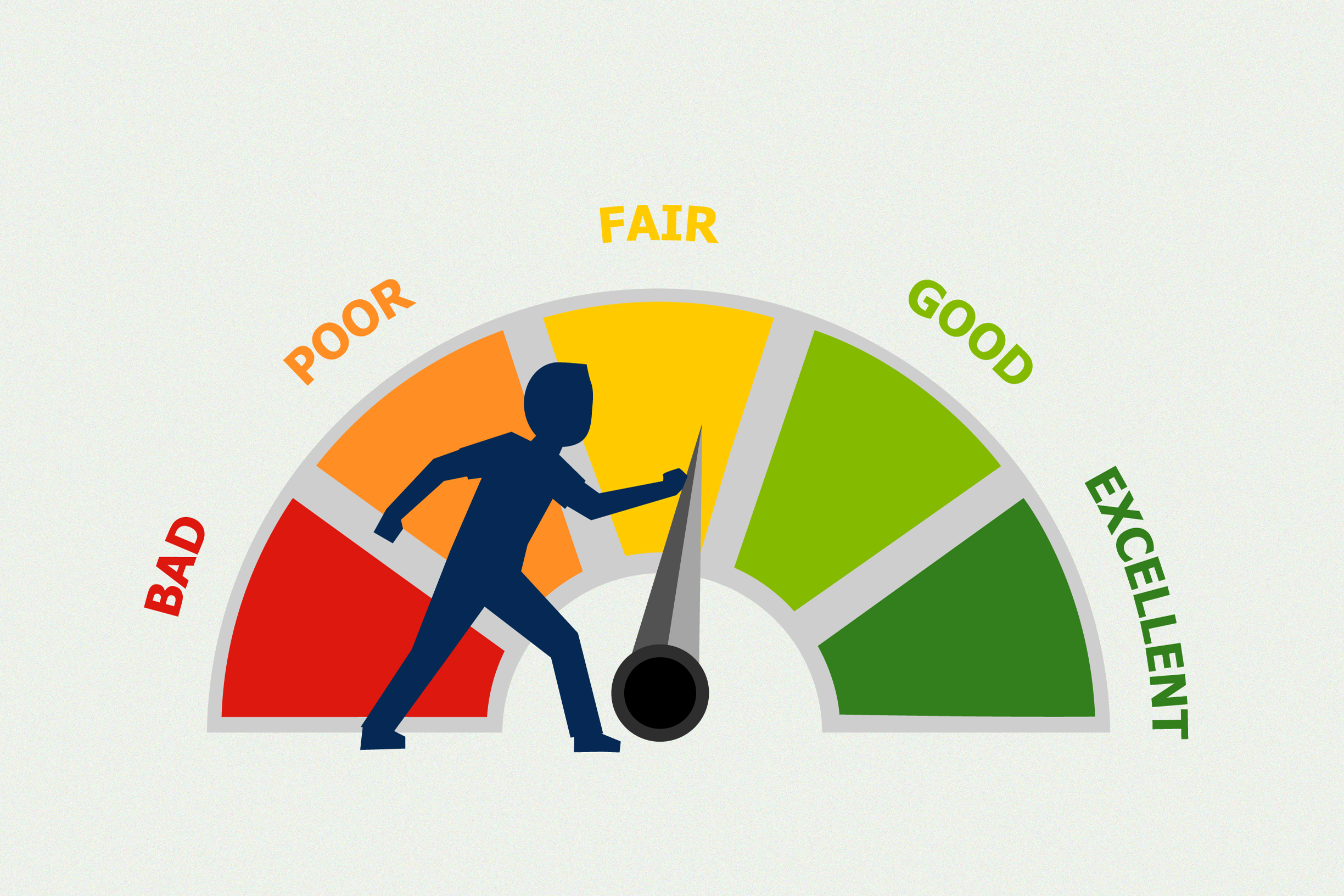Mortgage refinancing is a process by which you apply for a new loan in place of your existing one. Even though there are many advantages of refinancing your mortgage, your credit score will be temporarily affected by the refinance. How strongly is the credit score affected depends on the conditions of your mortgage.
If you are considering refinancing your mortgage, you need to understand the impact on your finances before you proceed. Let’s dive in! In this article, we’ll discuss how mortgage refinancing impacts your credit score.
How Does Refinancing Your Mortgage Impact Your Credit Score?
Undoubtedly, refinancing your mortgage impacts your current credit score. Let’s discuss why.
1. New Loan vs. Old Loan
As mentioned above, a refinance simply means opening a new loan in exchange for your current one. You are not only putting a new hard inquiry on your credit report, but you are also opening a new account that is reported as having a short credit history age. Since the new loan is likely to be a significant amount of money borrowed, you can expect our FICO score to be reduced by up to 15%.
2. Credit Inquiry
Speaking of credit inquiries, this is another way opening a mortgage refinance loan impacts your credit. When the lender pulls your credit report, it is all recorded. While a hard inquiry is reported on your credit report, a one-time credit inquiry only affects your FICO score by less than five points. If there are more inquiries in a short period, then your FICO score can be more heavily impacted. Multiple hard credit inquiries can reduce your FICO score by more than 10%.
The effect of hard inquiries on your FICO score lasts for a year and is shown on your credit report for two years.
3. Late Payments
For some individuals, late payments from juggling your current mortgage ineffectively can impact your credit score. If you miss payments while trying to improve your finances, you will hurt your credit score. Your payment history accounts for 35% of your credit score. To avoid this, you must keep a track of your monthly payments as you move from your existing loan to your refinance loan.
4. Applying For Multiple Loans At Once
Applying for multiple loans like mortgage, car loans, bank loans, and credit cards keep track of at once will affect your credit score significantly. One way to avoid this impact is to talk to your financial advisor to make a proper plan for your loans, so you are not applying for multiple loans all at once.
5. Debt to Income Ratio
Finally, in some cases, your credit can be impacted if you increase your debt to income ratio. While the monthly payments of your new loan may be less than your existing loan, the overall debt may be higher. This factor will likely affect your FICO score negatively.
For More Advice on Your Refinancing Options, Contact All American Financial Services
If you want to discuss your options with a Lancaster refinance expert, All American Financial Services is here to help. Contact us today to schedule an appointment with one of our financial experts and discuss a strategy to limit the impact of your mortgage refinancing on your credit score.

Leave a Reply